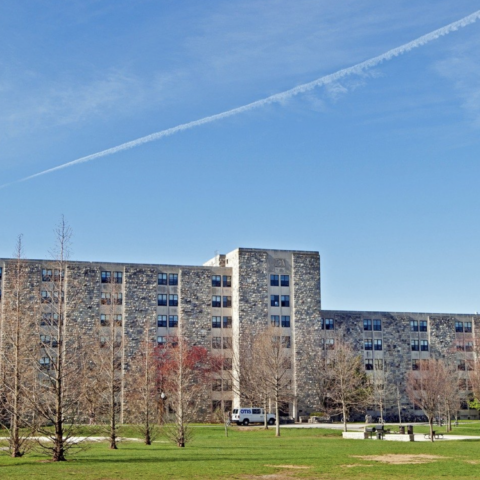By: Ryan Prior and Khalil Farah
“You cannot become thorough Americans,” Theodore Roosevelt wrote, “if you think of yourselves in groups.” He, like most historians, subscribed to the influential view that American greatness derived from our unique ability to blend widely varying cultures into a coherent whole. This brilliant fusion of desires, talents, and perspectives forged what the French historian de Crevecoeur called the “American melting pot.”
If we truly believe in our founding slogan “E Pluribus Unum,” that our greatness derives from a seamless unity, then we are forced to question why the modern notion of multi-culturalism chooses to distill out racial identities from the mixture, focusing on difference rather than common purpose. More specifically, at the University level, our values would have us question the place of single ethnic organizations on campus.
So called “multi-cultural” fraternities and sororities are not multi-cultural at all, rather they are as racially one-sided as the predominantly white IFC and Panhellenic fraternities and sororities they exist to counter. In other words, we cannot combat racism with more racism.
We’ve all heard the acidic whispered anecdotes. A white girl looked down upon for bringing a black date on semi-formal. A black man criticized by brothers for dating a Hispanic. A Latino girl spurned by sisters for spending too much time with white friends.
Most students come to campus like the tired, poor souls seeking deliverance from oppression. They dwell in the dorms, perhaps the most democratic institution on campus, or maybe anywhere in American life. Here race and religion have no bearing: Hindus, Jews, and Catholics play bass, drums, and vocals on an impromptu Rock Band session.
But then the spices and ingredients simmering in de Crevecoeur’s stew start pledging Sigma Beta Rho or Delta Phi Lambda or Delta Tau Delta. A racial schism develops. Where college begins with the promise of new perspectives, the institution fails us. A Greek system that distributes students with race as a prominent factor betrays the dream of a truly cosmopolitan university. Living in the racial make-up of the TEP (Tau Epsilon Phi) house, how could one fulfill UGA’s stated Intercultural Affairs mission statement to “help develop an appreciation and respect for cultural similarities and difference”?
The Intercultural Affairs mission statement seems incompatible with Lambda Theta Alpha’s stated goals, “To promote Latino Unity through charitable and educational programs. To maintain a high standard of learning and serve as a voice for all Latino students.”
What can be done? IFC could actively recruit non-white students. Students could choose simply to opt out of Rush activities. Perhaps a new national fraternity ought to be founded that doesn’t pay lip service to diversity, but has an active membership with a makeup that mirrors that of the community. At the minimum, all students should be wary not to forget how much they can learn and how much their lives can be enriched by their brothers and sisters on their dorm halls rather than at their Greek house. This article itself is co-written by a white member of a fraternity and a non-Greek Arab-American who chose to live together.
Choosing one or all of these ideas would promote racial mixing. It would be a remedy to the eminent American historian Arthur Schlesinger, Jr’s complaint that multiculturalism has “encouraged minorities to see themselves as victims and to live by alibis rather than claim the opportunities opened for them [by civil rights activists].”

